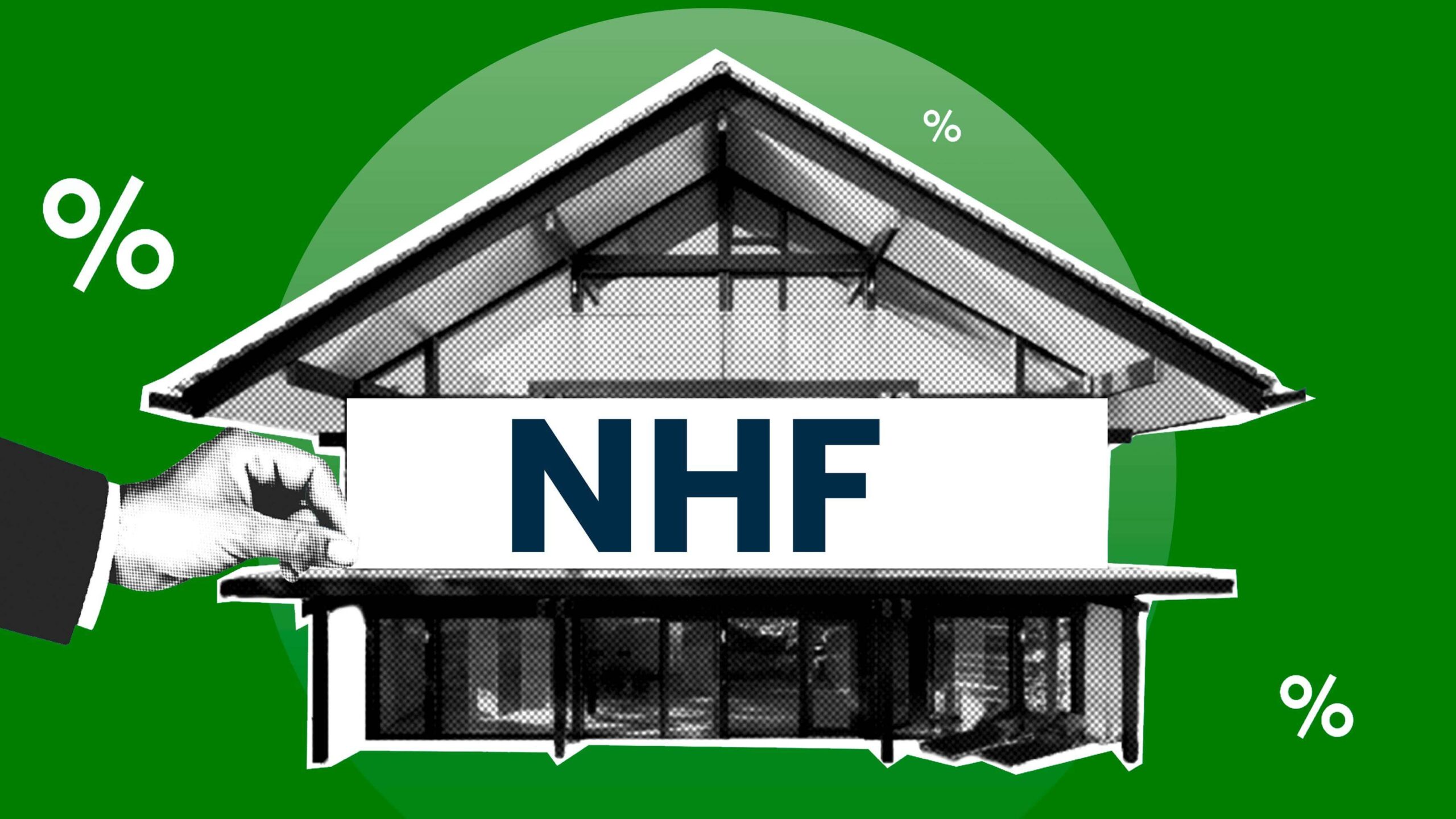Many Nigerians working in either the public or private sector have a portion of their salaries deducted and remitted to the federal government under the National Housing Fund (NHF).
However, many of the people do not have an idea of what the fund is about and how they can access it.
The fund, which is championed by the Federal Mortgage Bank of Nigeria (FMBN), offers a convenient and cost-effective opportunity for Nigerians, especially those within the low- and medium-income segments, to become homeowners.
The revised National Housing Fund (NHF) was set up in 1992 through the NHF Act. It provides for all Nigerians above 18 years of age and working in the economy’s public, private and informal sectors eligibility to register and participate by contributing 2.5 per cent of their monthly incomes.
Subsequently, six months of consecutive contribution to the National Housing Fund Scheme qualifies a subscriber to apply and access a suite of affordable home loans on offer by the Federal Mortgage Bank of Nigeria (FMBN).
Also, the FMBN recently introduced additional innovative mortgage products. These include the Diaspora Mortgage Loan, which would enable Nigerians who live abroad to access up to N50 million to own a home in Nigeria. Terms include a 30 per cent equity payment, a 9 per cent interest rate, and a 10-year payback period.
Subsequently, it introduced the Interest-free Rent-to-Own scheme to curb the hurdles encountered by Nigerians who want to own their homes through the National Housing Fund Scheme’s interest-based existing housing products.
The Scheme allows beneficiaries to move into FMBN and non-FMBN-funded homes and pay towards full ownership using monthly/quarterly or annual rentals.
The revised NHF
The revised bill, the National Housing Fund (Establishment) Act 2018, provides for individuals earning from the minimum wage mark (N30,000) to contribute 2.5% of their monthly income while commercial or merchant banks contribute 10% of annual profit before tax to a poll for affordable housing building.
The revised version also introduced a 2.5% tax on every bag of cement, meaning, you pay more to buy a bag of cement and contribute more – just because you want to build an affordable home.
Under the extant NHF law (NHF 1992), every Nigerian earning N3,000 or more per annum is required to contribute 2.5% of their monthly basic salary to the NHF. The funds mobilised will be made available to contributors at affordable interest rates to build homes.
Just like the pension and personal income tax contributions, the NHF is compulsory for a public worker, a private worker or self-employed individuals earning pay from the range of the minimum wage and above.
Highlights of the proposed fund?
The fund provides for a mandatory 2.5% contribution of monthly income by employees earning minimum wage and above in the public and private sectors as well as self-employed individuals as well as 2.5% on locally produced or imported cement.
Similarly, employers are to deduct and remit the contributions monthly.
The penalty for non-compliance is up to N100 million for corporates and N10m for individuals while sanctions include cancellation of operating licences of banks, insurance companies and PFAs for violations.
Also, withdrawal by contributors who have attained the age of 60 years or 35 years of service is an interest rate of 2% per annum. The fund and any refund of contributions are exempted from payment of taxes.

 Join Daily Trust WhatsApp Community For Quick Access To News and Happenings Around You.
Join Daily Trust WhatsApp Community For Quick Access To News and Happenings Around You.


